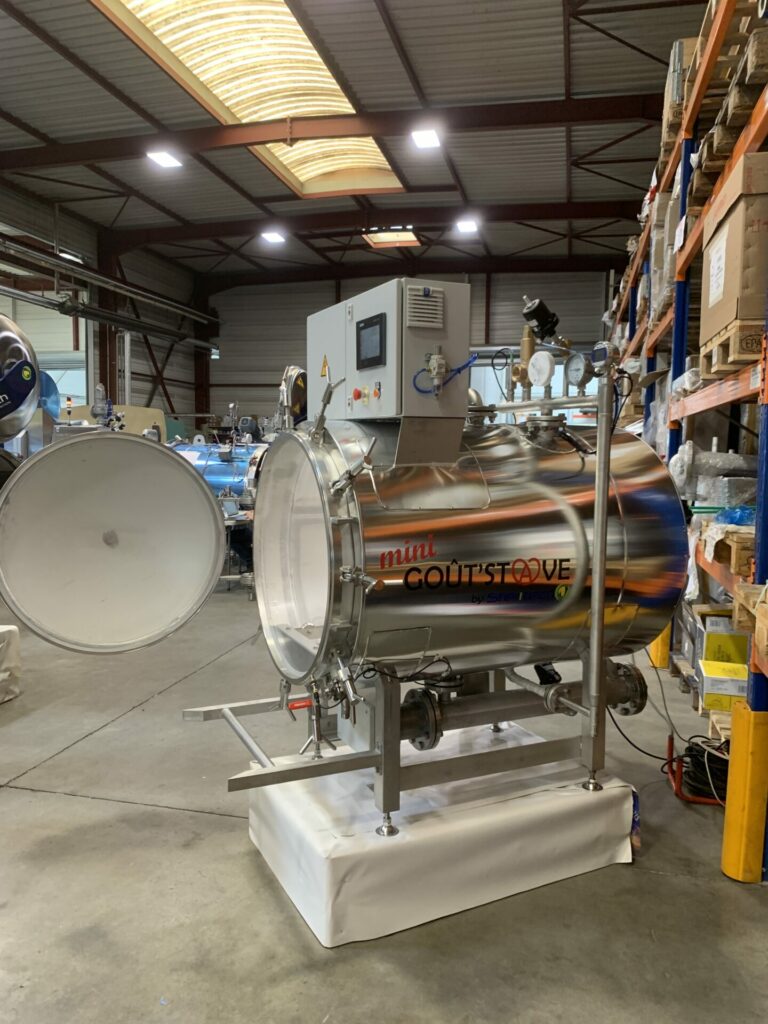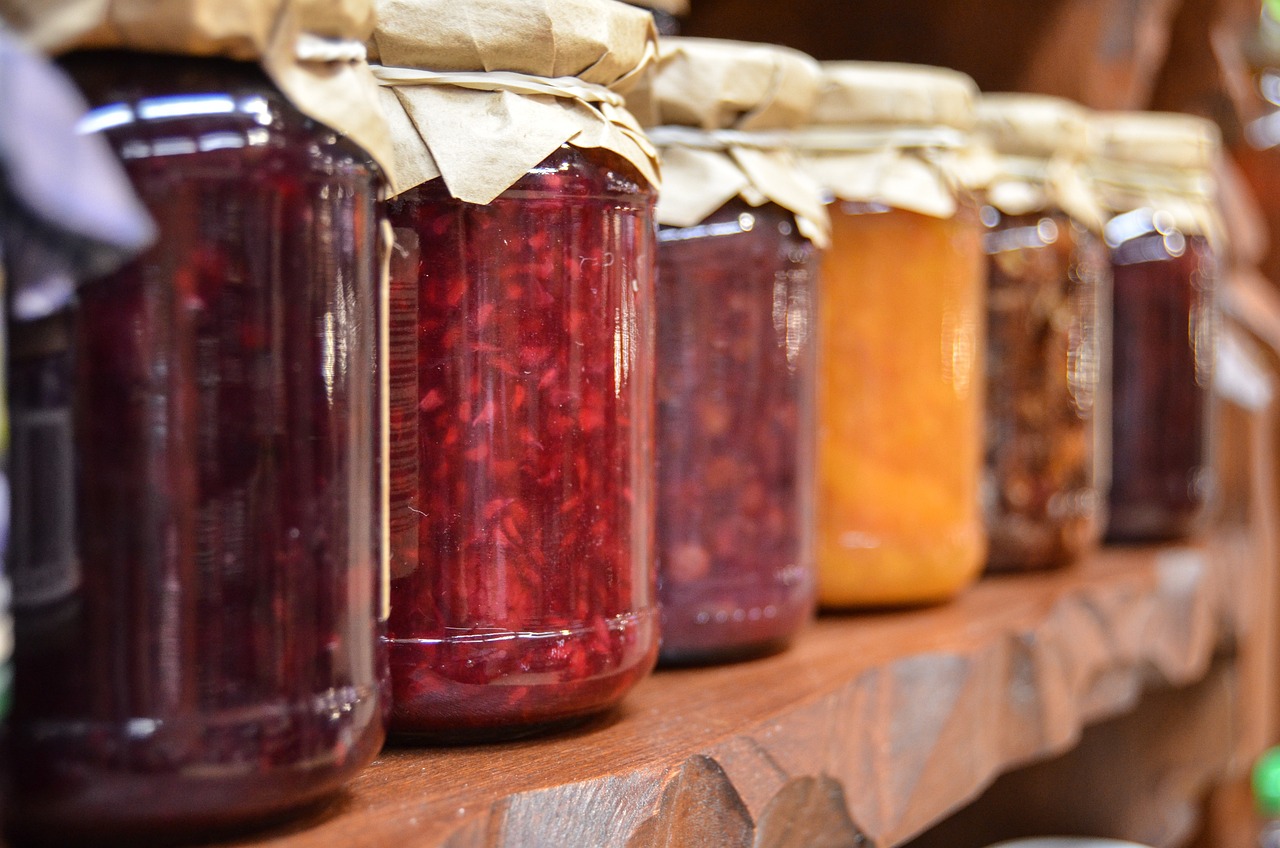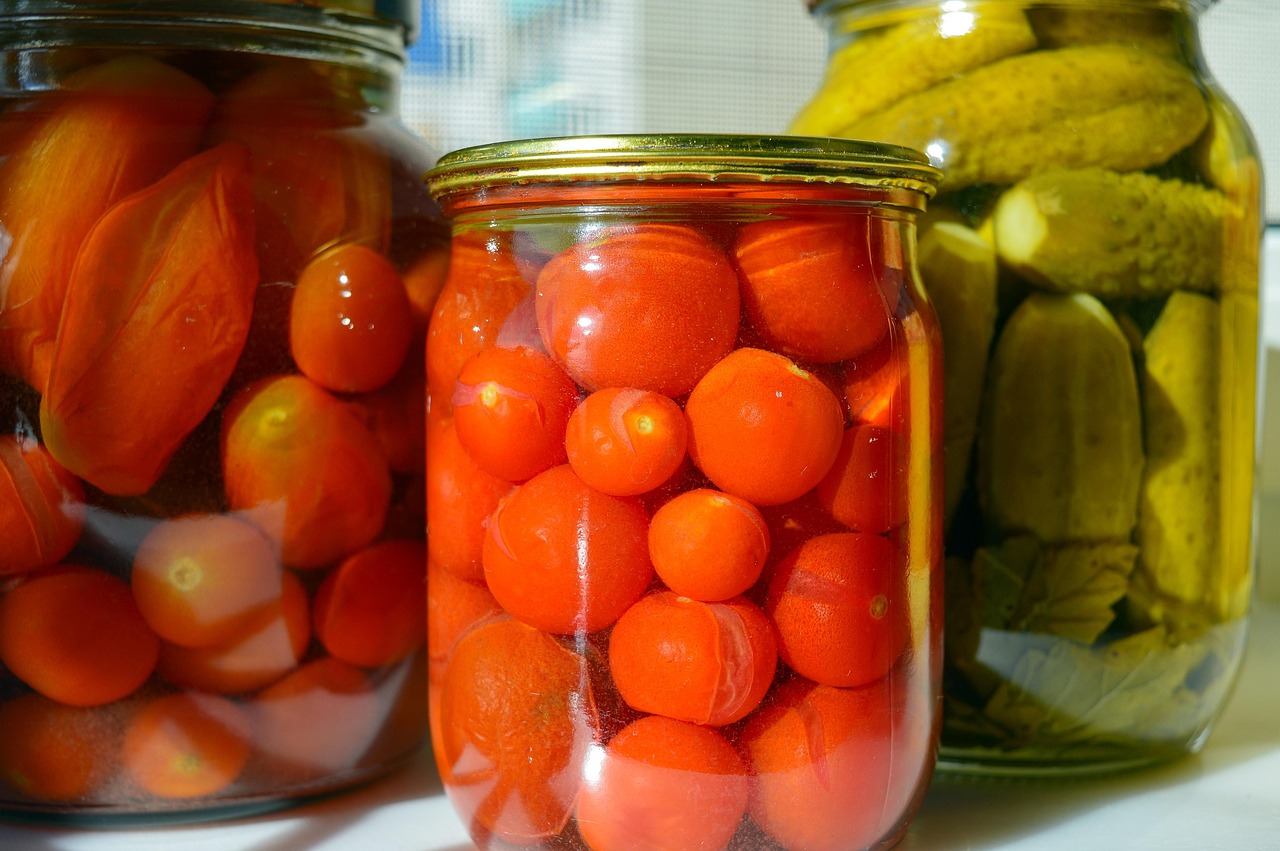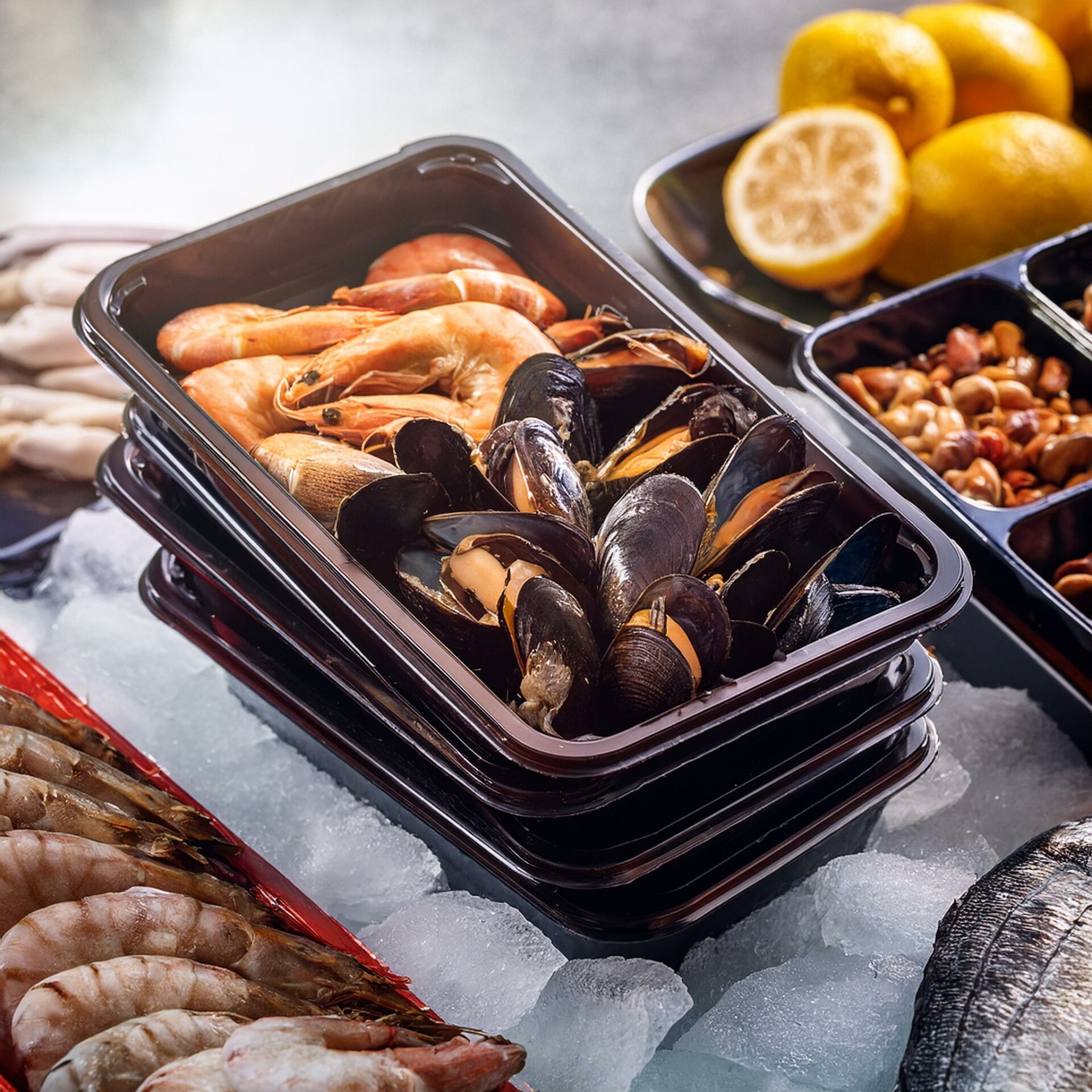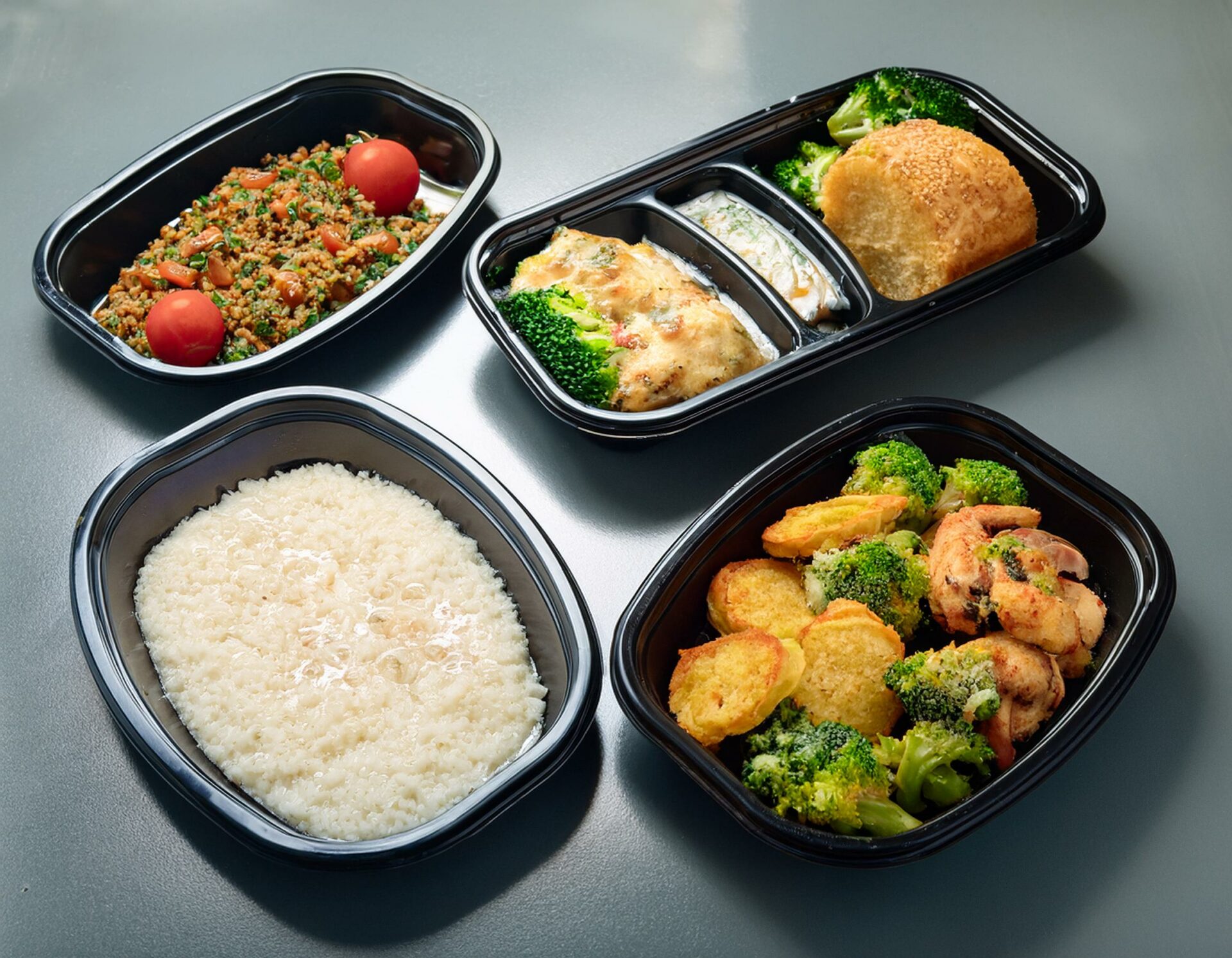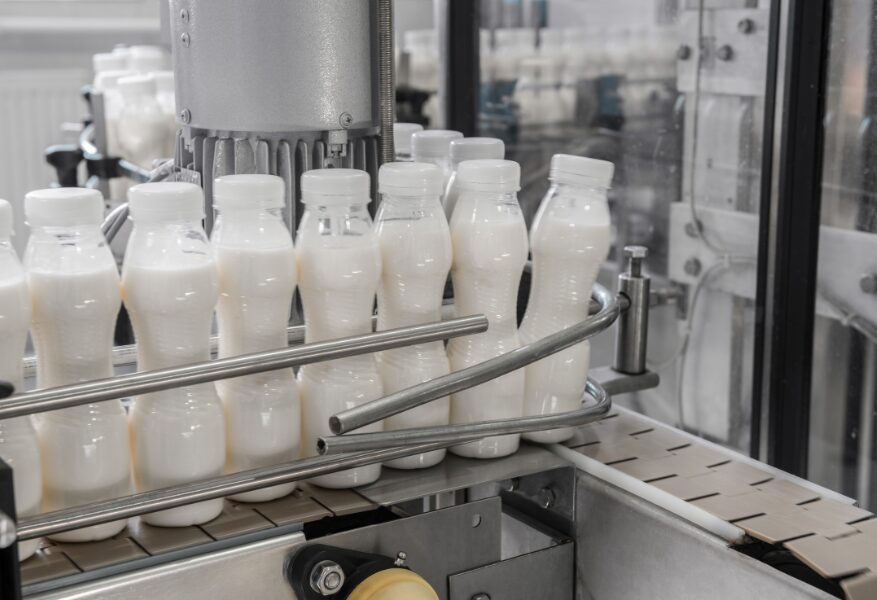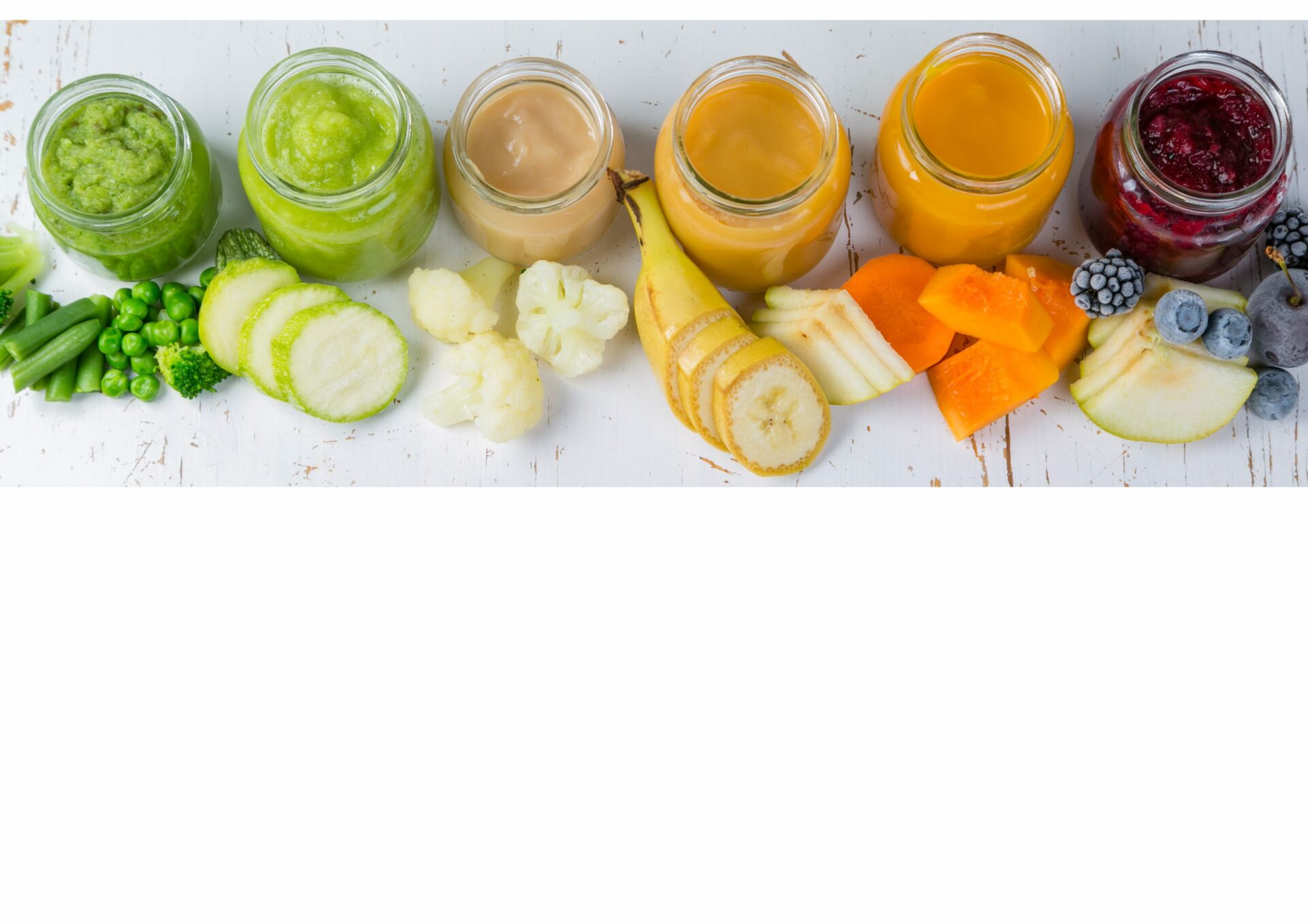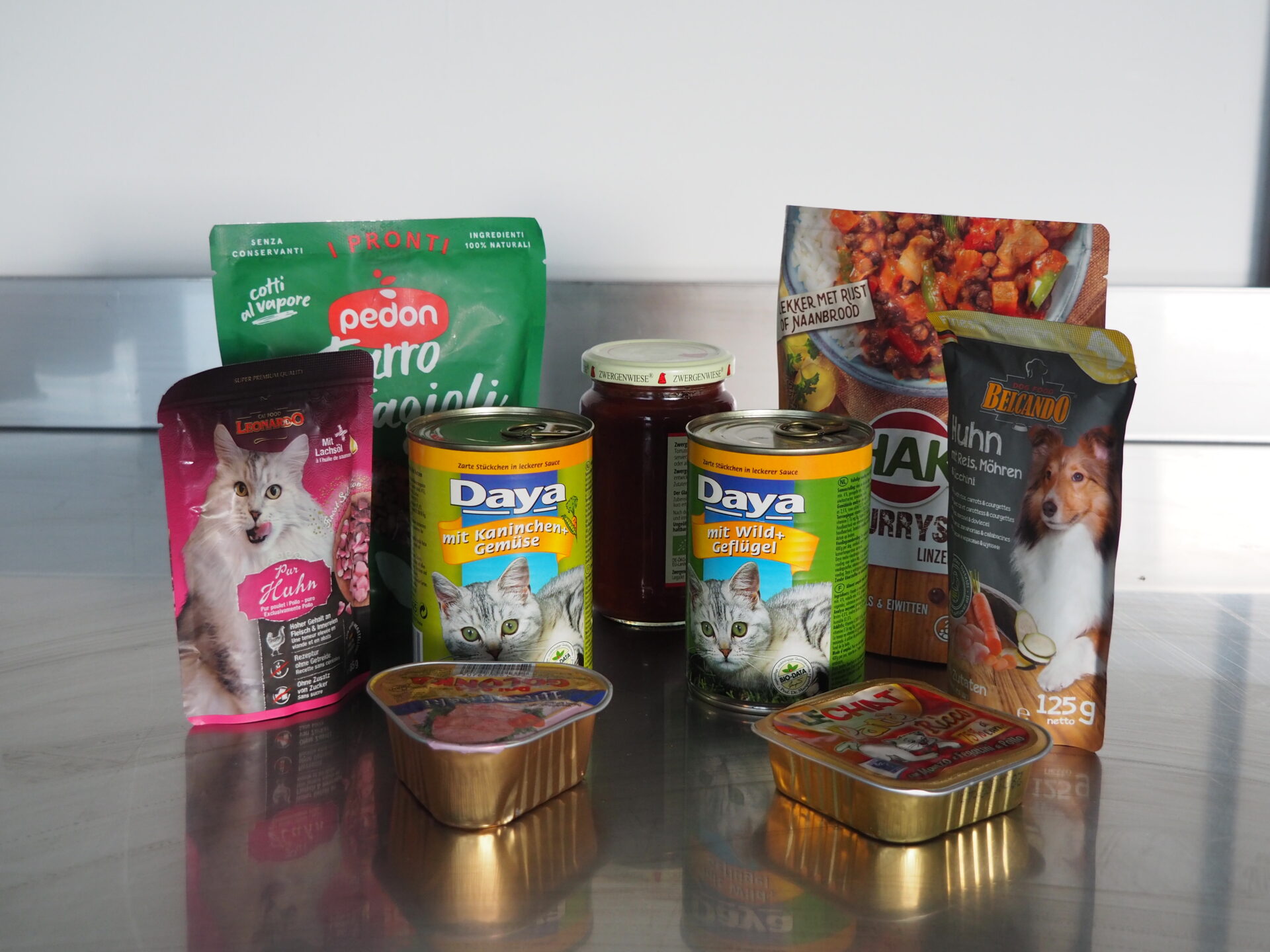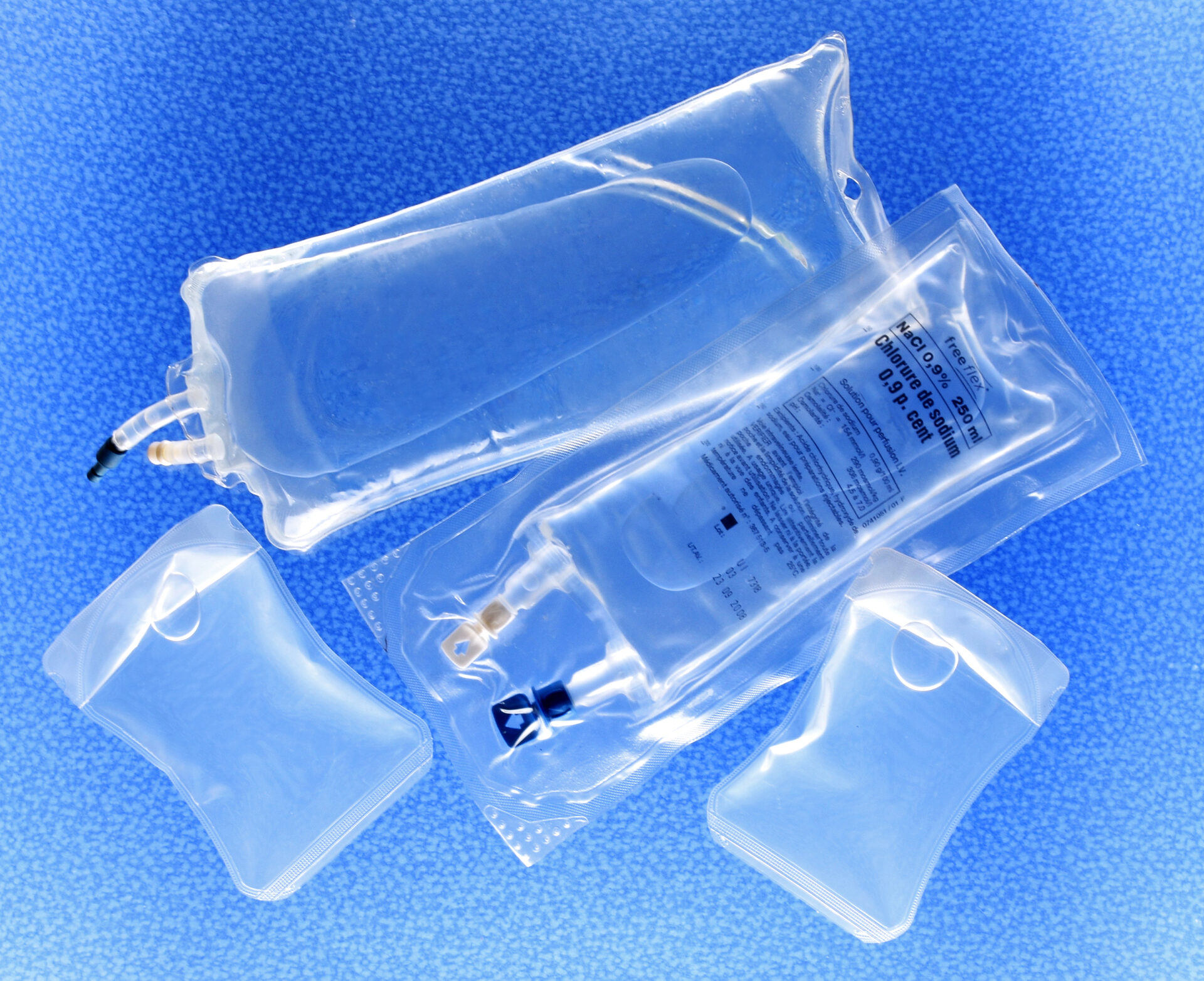Your products and packaging
Launching a new product requires designing a unique concept, recipe and packaging, which can be a real challenge.
En choisissant Steritech comme partenaire, vous simplifiez le processus de sélection de la solution de conservation, qu’il s’agisse de stérilisation, de pasteurisation ou d’appertisation. Nous vous apportons un accompagnement personnalisé et les conseils objectifs pour optimiser votre productivité et assurer la sécurité de vos opérateurs, produits et équipements.
We guide you towards flexible solutions that fit your products and packaging of today and tomorrow.
Main product types
These examples reflect the most common projects, but our capabilities go far beyond that, and we’re ready to meet any challenge you may have! Each product requires special attention, so heat treatment must be adapted to its organoleptic and nutritional characteristics, and to its packaging.
Fruit
- Transform your fruit into compote, nectar, jam, juice, etc.
- Recommended processing temperature: 95 to 105°C
- Shelf life of products after treatment: 1 to 3 years
- Storage temperature: room temperature
- Most frequently used packaging: glass jars
Did you know?
An acidic product (pH below 4.5) can be appertized at temperatures below 100°C. The product’s acidity, which prevents the growth of micro-organisms, adds to its preservation. This is known as pasteurization!
Vegetables

- Turn your vegetables into soups, spreads, chutneys, ketchup, etc.
- Recommended processing temperature: 115 to 121°C
- Shelf life of products after treatment: 1 to 3 years
- Storage temperature: room temperature
- Most frequently used packaging: glass jars
Prepared meals
- Transform your meat products into terrines, sausages, meats in sauce, meats in jelly, etc.
- Recommended processing temperature: 115 to 121°C
- Shelf life of products after treatment: 1 to 3 years
- Storage temperature: room temperature
- Most commonly used packaging: glass jars, metal cans
Did you know?
Sterilization allows products to be cooked and sterilized in the packaging at the same time. This avoids or reduces cooking time upstream, saving time and energy!
Seafood products
- Transform your seafood into soup, fish in oil, plain or in sauce, rillettes, spreads, etc.
- Recommended processing temperature: 115 to 121°C
- Shelf life of products after treatment: 1 year
- Storage temperature: room temperature
- Most commonly used packaging: glass jars, metal cans
Prepared dishes
| Pasteurized ready meals | Sterilized ready meals | |
|---|---|---|
| Temperature recommended treatment | 90 to 105 °C | 115 to 121 °C |
| Storage temperature | Below 10 °C | Ambient temperature |
| Best before or sell by date | Shelf life: up to 3 months | Best before: 1 to 2 years |
| Most frequently used packaging | Plastic trays, Doypack-type flexible bags | Plastic trays, Doypack-type flexible bags, metal cans |
Dairy products
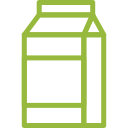
- Turn your dairy products into cheese, sauce, pasteurized milk, etc.
- Recommended processing temperature: 80 to 105°C
- Storage temperature: < 10 °C
- Shelf life: up to 3 months
- Most commonly used packaging: glass bottle, plastic bag
Baby Food
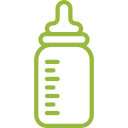
| Salty products | Sweet products | ||
|---|---|---|---|
| Vegetable puree, complete ready meals, meat puree | Fruit puree, dairy or vegetable cream desserts | ||
| Recommended processing temperature | 115 to 121 °C | Acid products: 95 to 105 °C | Others: 115 to 121 °C |
| Storage temperature | Ambient temperature | ||
| Packaging used | Glass jars, gourds, plastic trays or cups, Doypack-type flexible bags | ||
Petfood
Pet food comes in two main forms: wet and dry, each with distinct nutritional and preservation characteristics. Sterilization plays a key role in the preservation of wet foods, to guarantee food safety and long shelf life.
- Recommended processing temperature: 121 to 130 °C
- Storage temperature: room temperature
- Most commonly used packaging: metal cans, aluminium cans, flexible pouches
Pharmaceutical products

Although important in all markets, sterilization quality plays a major role in the pharmaceutical industry! Our STERITECH autoclaves and continuous systems meet all the standards imposed by this demanding market, while preserving the quality of your products and the integrity of your packaging.
Here are a few examples of products from the pharmaceutical industry:
- Infusions
- Enteral or parenteral nutrition
- Intravenous, ophthalmic or inhalation solutions
Be creative when choosing your packaging – we can always find a suitable pasteurization or sterilization solution!
Explore new possibilities and optimize your processes with the expertise of
STERITECH.
Glass jars and bottles
Benefits
- Heat resistance
- Transparency
- Inert packaging, no migration between packaging and product
- Can be reused several times.
Disadvantages
- Voluminous when empty
- Fragility
- High weight and volume
Metal cans
Benefits
- Impact and puncture resistance
- Air and light tightness
- Long shelf life
Disadvantages
- Voluminous when empty
- Disposable
- Migration to be controlled between packaging and product
Aluminum trays (spreads and ready meals)
Benefits
- Thermal conductivity
- Light
- Different volumes possible
Disadvantages
- Single use
- Opacity
- Deformable
Plastic trays
Benefits
- Practices
- Ready to use
- Lightweight and durable
Disadvantages
- Limited recyclability
- Film resistance to sterilization
Doypack-type bags
Benefits
- Lightweight and flexible
- Space-saving
- Sterilization resistance
Disadvantages
- Disposable
- Production costs
Gourd
Benefits
- Lightweight and flexible
- Practical
- Portion control
Disadvantages
- Disposable
- Production costs
Large packaging bag
Benefits
- Large volume
- Vacuum or non-vacuum packaging
- Good resistance
Disadvantages
- Disposable
Steps to follow :
